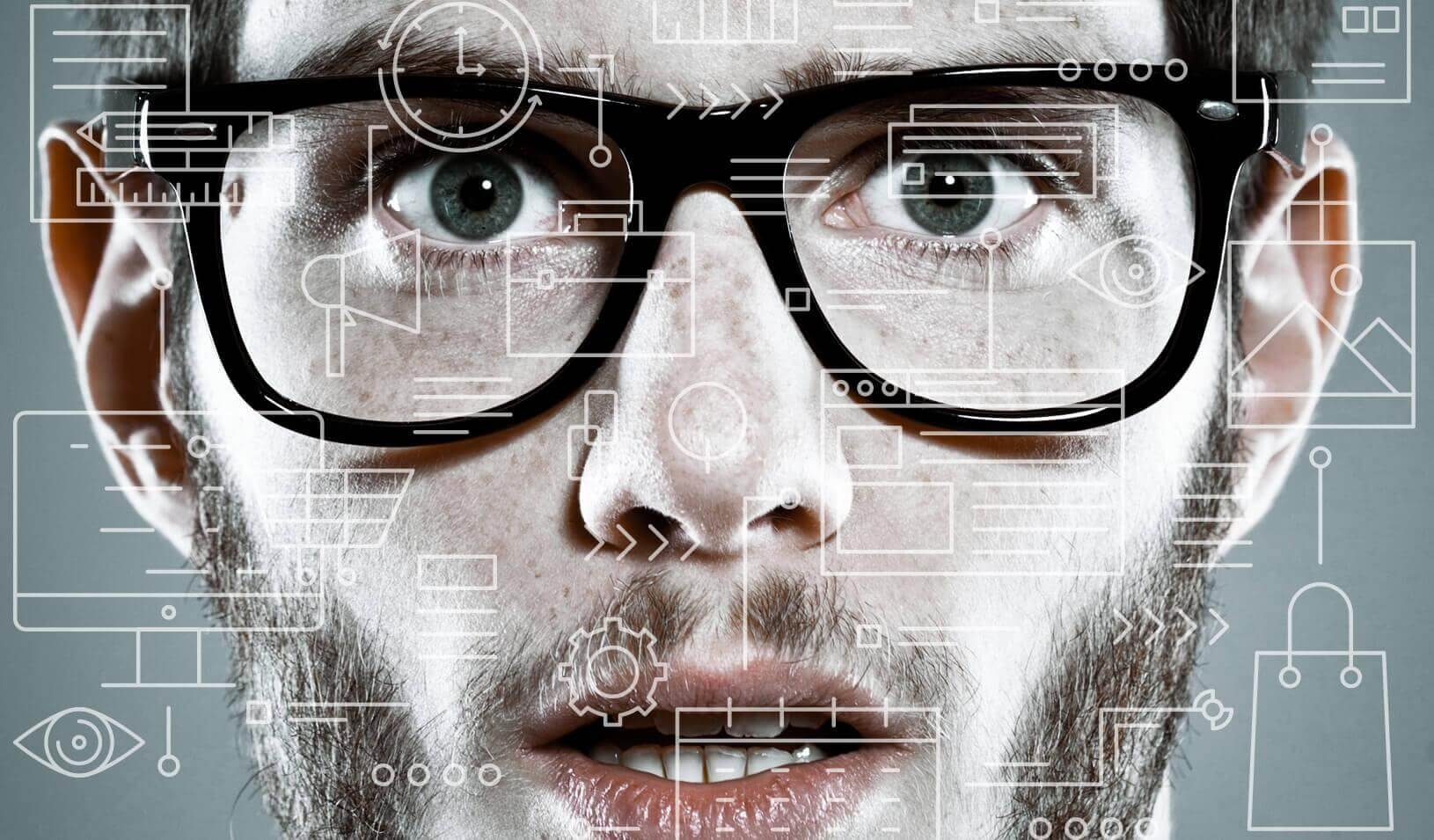Comments
- No comments found

Artificial intelligence (AI) and big data can help recruiters better understand an individual's personality and behavioral style.
Perhaps, the biggest beneficiary of big data is the field of AI.
Together, both these technologies can take psychometric profiling to the next level. Studying the impact of AI and big data in psychometrics is crucial to make future improvements in the field.
The sheer number of areas in which involving psychometric evaluation can make a difference is truly mind-boggling. From assessing job-seeking candidates during recruitment to contesting a nationwide election, from marketing to law enforcement, psychometric assessments play a big part in understanding the pulse of a large crowd or the defining character traits of an individual. If organizations, be it political parties or businesses, harness the capabilities of big data in psychometrics to its fullest, they can attain an almost unassailable edge over their competitors in their respective battlefields.
As we know, digitization is encroaching into almost all aspects of our lives today. So, it is natural for technologies such as AI and big data to make their presence felt in the field of psychometrics too. AI’s incredible data processing and analytical abilities are well known in today’s day and age. Combining those attributes with the sheer comprehensive nature of big data can be like rocket fuel for the growth and development of psychometrics. Wondering what (or how much) can be achieved with AI and big data in psychometrics? Here are a few answers:
Older psychometric tests usually use logistic regression for profiling purposes. While such techniques have their share of advantages, they simply cannot hold a candle to what AI (supplemented by big data) can achieve in the field. For instance, a human resource executive can use machine learning to determine the strengths and weaknesses of a candidate. For this purpose, the job-seeking candidate will be asked a series of questions by the HR executive during in-person or remote interviews. While the candidate provides his or her answers and responses to the questions, their mannerisms, tone, facial expressions can be monitored by AI-powered intelligent cameras. After the interview sessions are concluded, recruiters use AI to assess the candidate’s qualities of perspective and judgment, empathy and emotional quotient, as well as participation, decision-making, and regulation. These attributes are judged and assessed to see how the candidate can participate in collaborative problem solving and be decisive in high-pressure situations.
Apart from decision-making and problem solving, the candidate’s ability to finish their respective work operations within stringent deadlines can also be evaluated with the help of AI and big data. Apart from interviews and recruitment exercises, other techniques can also be used for the personality assessment of a candidate. For example, a recruiter can scan a candidate’s social media pages to get information about their character traits and opinions on general topics. Checking somebody’s social media pages should not be a way to negatively judge their personal opinions. Rather, it can be a good measure of assessing how a candidate can articulate his or her thoughts into words or visuals. In short, a candidate’s communication skills, to an extent, can be ascertained in this way. AI and big data can help recruiters with finding this data on the web before processing it through pattern and anomaly recognition to find underlying character traits in candidates.
Apart from that, machine learning can further be used to incorporate augmented reality tools in candidate recruitment. AR tools can create real-world-like simulations to evaluate how well a candidate can deal with actual operational crises. AI uses big data’s vast reservoirs of information to rate the candidate’s performance in this exercise. AR adds a whole new dimension to candidate recruitment and selection, and one that would not have been possible without the capabilities of AI and the astounding scope of big data.
You’ve probably heard how Cambridge Analytica helped former US President Donald Trump win the general elections in 2016. Mr. Trump’s election campaign was one of the most data-driven political events ever. Before exploring that, however, we have to understand the primary purpose of psychometric profiling. Psychometric tests, first and foremost, are used to gain information about an individual (or a group of people) and their likes, dislikes, views and opinions on a wide array of topics. What data collectors do with that information depends on the type of end result required. Big data and AI, in such cases, help to magnify the scope of psychometric assessments on a statewide or a national scale. As it turns out, an individual’s personality can be studied to persuade him or her to purchase certain products or services. More importantly, the information can be used to persuade individuals to vote for a certain election candidate or a political party in an election.
Now, let’s dive right into Cambridge Analytica’s role in influencing the 2016 presidential elections.
It has been suggested that the tech firm had been associated with Mr. Trump’s election campaign for a while before the actual event. The organization used AI and big data in psychometrics to gain an advantage over their political opponents in the election. Such an approach was particularly ground-breaking as candidates earlier would mainly use demographic opinion and focus on other core constituency issues. Cambridge Analytica introduced advanced psychometrics in the mix to generate positive end results.
To achieve success in the elections, the organization used behavioral science and voter surveillance apart from some common tools such as the OCEAN model, the concept of bombarding individuals with targeted ads, and advanced big data analysis (via AI-powered systems and models).
The initial stages of the process required the organization to purchase hordes of data about millions of individuals from social media pages belonging to renowned organizations such as Facebook. Apart from such records, details such as pending maintenance bills, land and property registries, shopping data, purchase history of products and services, amongst other details, were also sourced and closely analyzed. This information, if you notice, is long and wide, which means that it covers several individuals and several aspects for each individual. In other words — big data. After accumulating all this information, the British company aggregated and arranged the data. Additionally, the organization also deployed AI tools to classify each individual differently based on their Big Five personality traits.
Based on this information, the more vulnerable and easily manipulatable voters were addressed in speeches by the Republican presidential candidate. Even the election speeches were fine-tuned and customized in such a way that they would strike a chord with individuals in every stratum of society. The firm received more than US$ 5 million for its highly data-driven efforts. However, the real heroes of Mr. Trump’s landslide victory were AI and big (ginormous, in this case) data.
Just like the previous point, AI and big data can be used for the purpose of understanding the characteristics, likes and preferences of prospective customers in order to inundate their inboxes with specific, targeted ads. For the purpose of marketing, organizations use big data consisting of customers’ social media pages, purchase history from digital retailers and even their text messages in some cases.

Big data is arguably more important in the above-mentioned application areas as compared to AI. So, now that we have seen some of the application areas of AI and big data in psychometrics, here is an enlistment of the challenges that organizations may face when using big data for personality profiling:
AI and big data’s myriad capabilities are vital for the field of psychometrics. However, there are some challenges to be resolved so that the technologies improve the field even more. It is certain that these technologies can deepen the scope of psychometrics further in the future with their near-continuous evolution. What is certain is that big data and AI are here to stay in the field of psychometric studies and research for the above purposes and many more.
Naveen is the Founder and CEO of Allerin, a software solutions provider that delivers innovative and agile solutions that enable to automate, inspire and impress. He is a seasoned professional with more than 20 years of experience, with extensive experience in customizing open source products for cost optimizations of large scale IT deployment. He is currently working on Internet of Things solutions with Big Data Analytics. Naveen completed his programming qualifications in various Indian institutes.
Leave your comments
Post comment as a guest